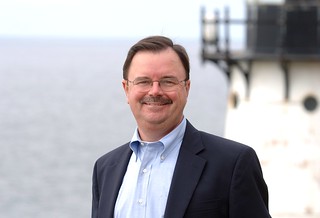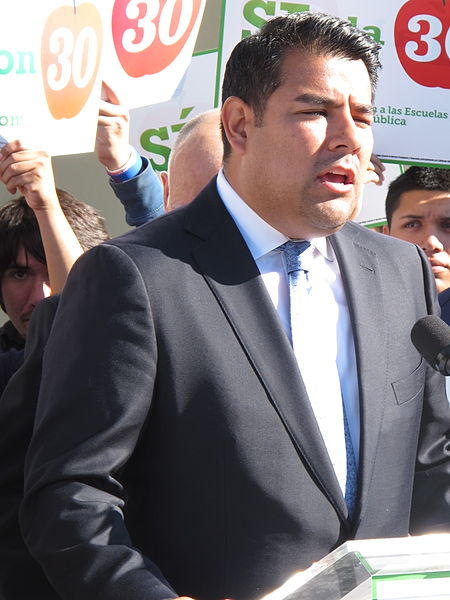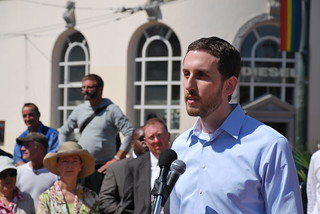 AB 914 would require disclosure on political spending
AB 914 would require disclosure on political spending
by Brian Leubitz
At the end of the Prop 32 campaign, a huge lump of cash floated into those anti-labor coffers from parts unknown. You could trace it back a few steps, but the trail grew cold after a while, and the Fair Political Practices Commission (FPPC) subpoenaed records. Of course, by the time that information came out, the election was over and people had moved on. But Asm. Rich Gordon is looking to skip over all that and requred the disclosure up front.
The FPPC agreed to support a half dozen pieces of legislation, including AB 914 by Assemblyman Richard Gordon (D-Menlo Park).
Gordon’s bill would require nonprofit groups that spend 10% of their money in a year on California elections to disclose contributions they make and the names of the original donors who provide $10,000 or more to the group. (LA Times)
Now, AB 914 is far from all the campaign finance reform we could have dreamed about. After all $9,999 is still quite a large amount of money, and can be bundled to greater heights quite easily. But given the constraints of Citizens United and the rest of the Supreme Court’s First Amendment jurisprudence, it is kind of where we are right now.






